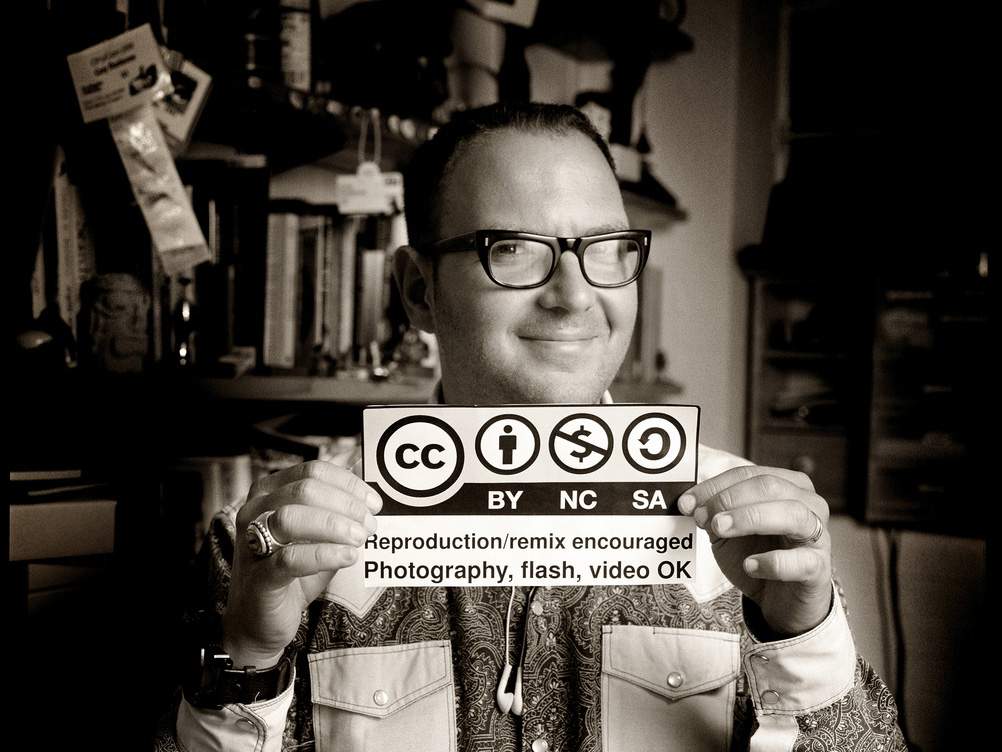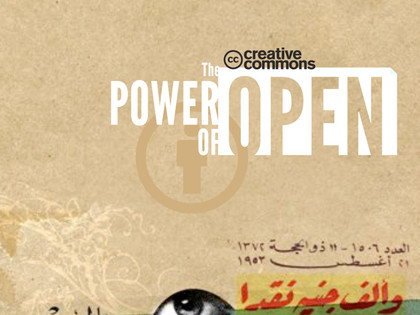Creative Commons: Music industry should follow our lead
New models needed for 'power of open'

The Creative Commons organisation has told TechRadar that the music industry should look to its modern model of managing digital content, rather than struggling to cling on to traditional pay models.
Creative Commons is the now familiar organisation that – in its own words – develops, supports and stewards legal infrastructure that maximises digital creativity, sharing and innovation.
CC Chief of staff Lisa Green told TechRadar that she was aiming to help give people a new way to profit from their work, rather than relying on outmoded and difficult to enforce model.
Although Creative Commons is most commonly associated with pictures, it is active across a wide range of areas including educational materials – and Green believes that a similarly forward thinking approach to ownership could benefit the music industry as it struggles to contain piracy.

"It's better for individuals and it's better for society because that extends the access that we have," said Green. "The more that you put in the commons and the more you make it available the more it benefits the individual person who is making more money or gaining more exposure.
"You need creative commons for this new kind of model."
Time is ripe
Sign up for breaking news, reviews, opinion, top tech deals, and more.
Green believes that, after years of working its way into the internet consciousness, the time is ripe for Creative Commons to become a more mainstream offering.
"We think right now we need to be talking to people about creative commons because it does provide the infrastructure for people to use this new model," she added.
"As they see this new model and get nervous about how they can move to the new model they need to see that it's not anarchy out there.
"[Creative Commons] is a rigid legal code. When someone uses a non-commercial licence and they use it in a commercial setting you can still take them to court.
"So here is a well thought out legally solid infra you can use in transitioning from the comfortable old model to this potentially new scary model."
Worth a look
One person who has benefited from switching from a traditional licensing model to creative commons is acclaimed photographer Jonathan Worth, who went from fearing the internet would steal his livelihood and devalue his work to embracing a more open system.
A meeting with internet guru Cory Dotorow helped convince Worth to experiment with Creative Commons, and he has never looked back, and now teaches other young photographers how to benefit from the internet.
"The old models are not relevant any more," Worth told TechRadar. "There are loads of opportunities but the old models meant you were really fettered."

Patrick Goss is the ex-Editor in Chief of TechRadar. Patrick was a passionate and experienced journalist, and he has been lucky enough to work on some of the finest online properties on the planet, building audiences everywhere and establishing himself at the forefront of digital content. After a long stint as the boss at TechRadar, Patrick has now moved on to a role with Apple, where he is the Managing Editor for the App Store in the UK.